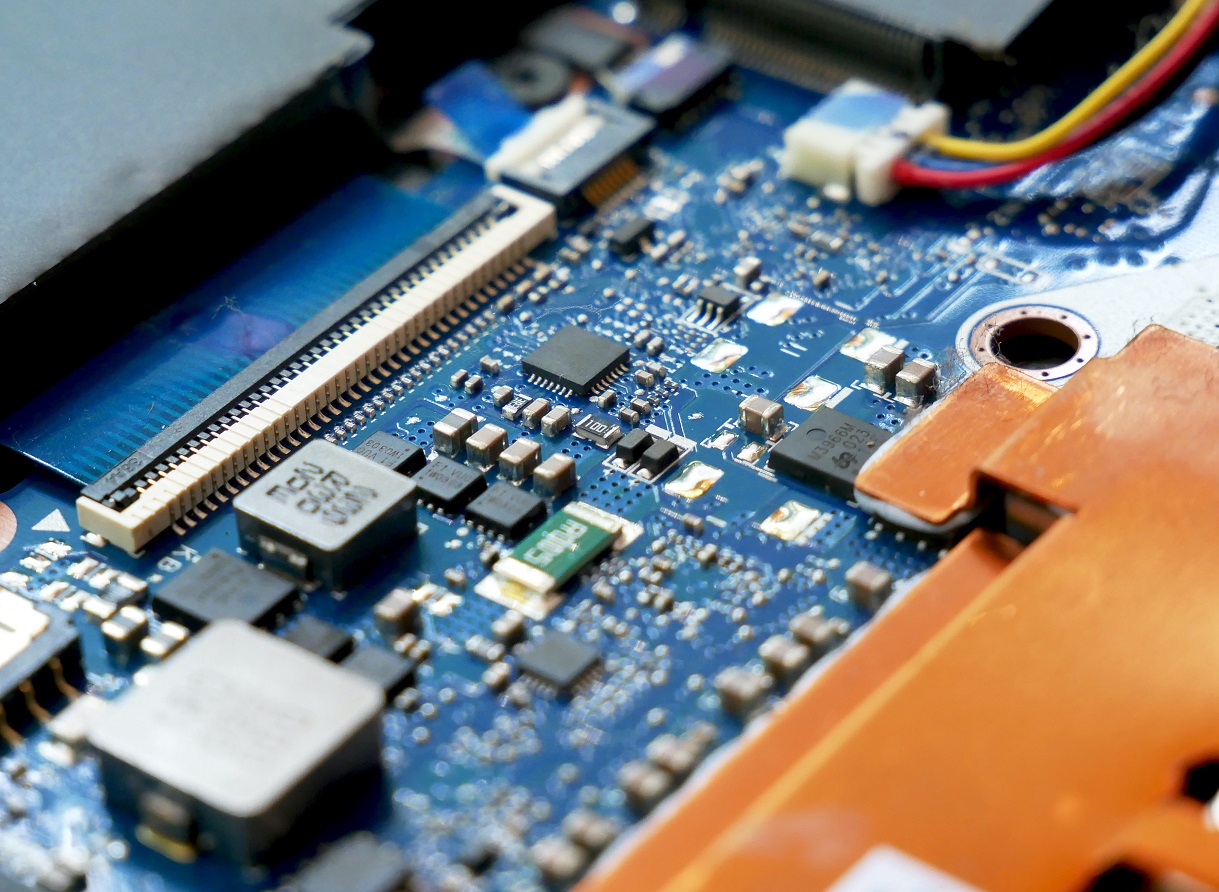Semiconductor companies are confronting a tight labor market in Arizona as the US attempts to incentivize chipmakers to bring production back to the US. One report in Nikkei Asia details how Taiwanese chip giant TSMC and Intel are battling it out in a tight labor market in Arizona.
Chipmaker TSMC is in the process of building a brand new $12 billion dollar chip fabrication operation in Phoenix that is scheduled to begin operations in 2024. Meanwhile to the south, Intel is expanding its 42 year old campus with a $20 billion new chip fabrication unit designed to come online at the same time.
With summer temperatures in Arizona averaging 38 degrees, finding construction workers just to build the facilities is proving far more challenging than anticipated. TSMC had originally planned to begin moving into its facility in September of this year, but that has now been pushed back to the first quarter of next year. Already the company has over 6,000 people working to build the new facility every day.
However Nikkei Asia noted, constructing the facilities is perhaps the least of the companies challenges. Traditionally, the US has outsourced all chip manufacture to Asia, so in addition to facing a tight job market to begin with, these companies are also facing a job market in which many have never even considered entering the field of chip manufacture, let alone been trained in it or gained real world experience.
Kweilin Waller, deputy human services director at the Phoenix Business and Workforce Development Board noted, “You say ‘semiconductor manufacturing’ [to potential recruits], people look at you like you have two heads. It’s just unfamiliar.”
Daniel Barajas, a careers director at the Maricopa County Community Colleges District, said essentially the same thing. “I think those students that we are trying to recruit to ultimately become employees don’t know what they don’t know. So even before we give consideration to the seven semiconductor manufacturers that they could work with, they need to understand, ‘What is a semiconductor technician?'”
Intel has a leg up due a relationship with The Schools of Engineering at ASU, which have about 27,000 students enrolled. However TSMC has no such past relationship to draw on, and is facing manning their facility from scratch all by themselves.
“Indeed, it’s more of a challenge [for TSMC to attract students]. The informal networking [among students] starts to really grab on,” said Kyle Squires, the dean of The Schools of Engineering at ASU.
An associate professor at ASU added, “TSMC recruiters have been very heavily present on campus. TSMC is presently negotiating with the university for some extended collaborations, both in research and in workforce development, and broader training programs.”
Originally TSMC had planned to hire Americans and send them to Taiwan to train, however the company is now considering simply importing talent directly from Taiwan, according to Nikkei. However TSMC maintains its plans have not changed, and any imported talent is just being used temporarily. a spokesperson noted, “TSMC is focused on hiring employees, including technicians, locally in the U.S. for our Arizona fab.”
All of this is occurring against the backdrop of China potentially at some point attempting reunification operations with Ukraine, something which would dramatically affect US access to, and control of, semiconductor manufacturing. That possibility is likely why the United States is looking to encourage chip fabricators to move production to venues outside Taiwan, and why the chip manufacturers are so eager to comply.

